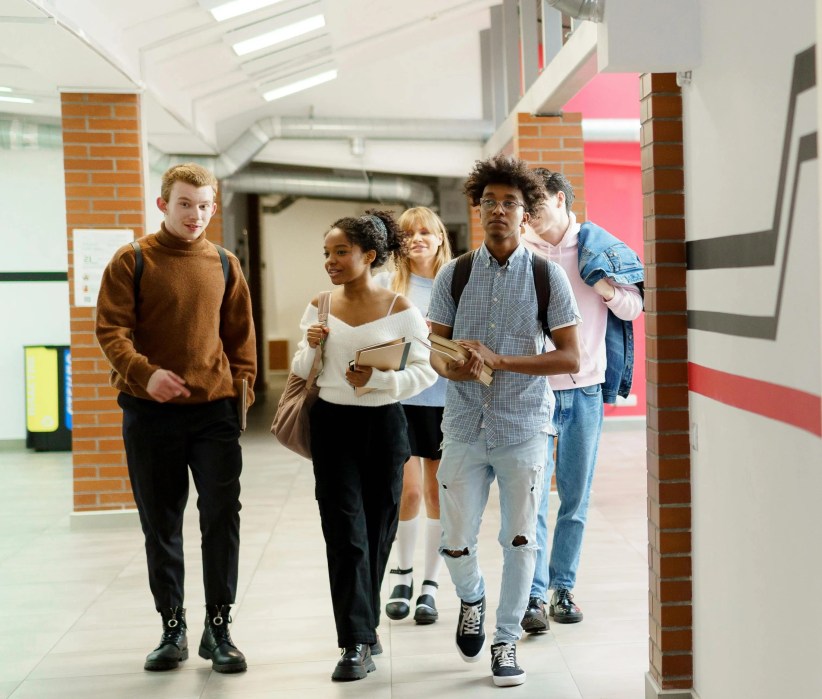Dear Dr. Karyn,
My 11 year old seems to make friends easily, but my 5 year old has no friends at all, which concerns me. What should I do to help my daughter, and when should parents worry about this?
Dear Parent,
Developing friendship skills are important for kids of all ages to learn! That being said, some kids find it easier to make friends than others. So focus on setting up play dates with other children and parents so that your kids are getting “practice” socializing, sharing toys, and spending time with others. If you notice your kids are not being good friends (for instance, not sharing their toys, interrupting, constantly talking about themselves), gently talk with them about this after the play date.
Also, try to get them plugged into activities in which they will meet other kids who share their interests. For example, if your child is highly artistic, she may not easily connect with kids who are heavily into sports. Finally, remember to invest in your own friendships, because modeling healthy friendships is the best way to teach these skills to our kids! Don’t shy away from talking about the benefits of your friendships and what it takes to develop them — your kids will be listening!
When should you worry? Only after you’ve tried the suggestions above and the many tips from Dr. Michele’s book, “Nobody Likes Me, Everybody Hates Me: The Top 25 Friendship Problems and How to Solve Them.” Developing friendship skills is a process, so remember to be patient as your child learns them.
• • •
Dear Dr. Karyn,
I really need your help, since I do not like who my teens are hanging out with. I’m sure deep down they are good kids, but to me they are rude, inconsiderate, and constantly put each other down. I’ve tried to raise this with my son, but he rolls his eyes and tunes me out. Any suggestions for how to get through to him?
Dear Parent,
Developing healthy friendships is one of the most important (and difficult) tasks for a young person, so here are three tips to understand about friendships and adolescence.
Understand that kids choose their friends
It’s important to understand that kids choose their friends! Often, parents focus on the poor qualities of their kids’ friends instead of understanding that our kids have chosen that person for a reason! The saying “Friends are a mirror of ourselves” is important to remember.
At an unconscious level, we are drawn to people who have the same self-esteem and level of confidence as we do (so if I have low self-esteem, I’m often going to be drawn to others with low or false self-esteem). So instead of focusing on the “bad” friends as the problem, focus on developing your child’s confidence! When kids and teens feel good about themselves, they are drawn to friends (and dating partners) who will treat them well!
Discuss, don’t dictate
When you don’t like your teen’s friends, try to discuss this with him. Do NOT dictate or forbid him to hang out with them. (Often, this creates a “Romeo and Juliet” situation where teens do it behind their parents’ backs.) Find out why your teen is drawn to certain people. What are the qualities about them that he likes and admires? You can voice your concerns, but be very careful in how you word it. (Teens are extremely protective of their friends, as they see them as an extension of themselves.)
Make your home teen-friendly
Get to know your teen’s friends! Sometimes parents have placed judgments on their teen’s friends without really getting to know them. And the best way to get to know these friends (and even your kids) is to make your home “teen friendly.” If possible, create a space that is just for them. Make yourself available, but be careful to give them plenty of space, and be friendly to their friends without asking hundreds of questions.





















